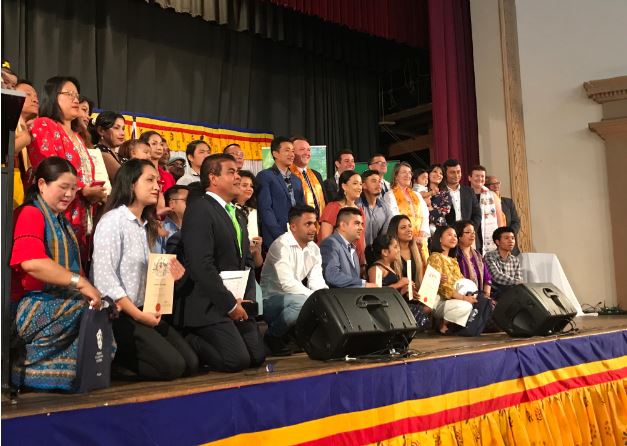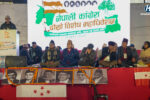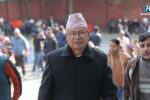MELBOURNE: The Bhutanese national day has been marked in Melbourne, complete with a citizenship ceremony for some of those left stateless by their former homeland.
In the early 1990s close to 100,000 Bhutanese from the Nepalese-speaking minority were forced from their homeland.
But on Wednesday – the National Day of Bhutan – 15 of them were granted Australian citizenship after almost three decades of being stateless.
Raj Kumar Rai, who left Bhutan in 1992, was one of them. “We spent 18 years in a refugee camp and I came here around 2008,” he told SBS News.
Fellow refugee, Buddhi Majhi, was also granted citizenship as part of the ceremony.
A Bhutanese family is facing deportation after their hearing-impaired son did not satisfy the medical criteria for permanent residency.
The 34-year-old spent most of his life living in a Nepalese refugee camp but said he’s now proud to be an Australian citizen.
“We spent 22 years in (a) refugee camp so it is very hard to get citizenship,” Majhi said.
Amnesty International’s Dr Graham Thom said there are still close to 10,000 Bhutanese stuck in refugee camps, all of whom Bhutan is refusing to take back.
“This was one-sixth of the entire population was forced out and this makes Bhutan one of the per capita highest refugee-producing countries in the world,” Dr Thom said.
He said the situation for the ethnic minority in Bhutan was still dire.
“[They’re] Having immense pressure put on them to leave because they cannot access education, health care, travel,” Dr Thom said.
“Those who are still in Bhutan need to be granted full citizenship rights and until that happens we are not going to see any resolution for that minority group.”
Refugee advocate Parsu Sharma-Luital said the deliberate choice of the day made the ceremony more meaningful.
“We become Australian citizens but what remains is that when you become a citizen of a new country you never forget your past, your origin no matter what,” he said.









Comment